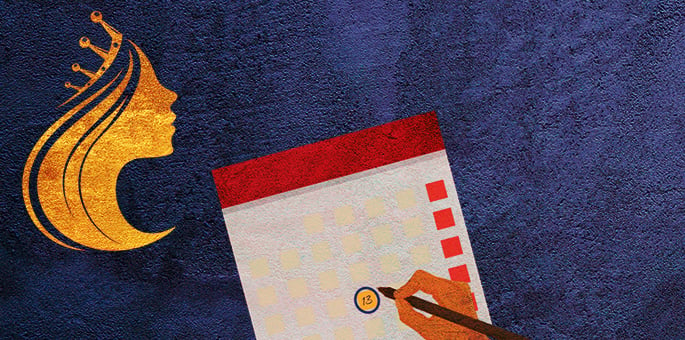
The Fast of Esther (Taanit Esther) is a dawn-to-nightfall fast held on the day before the jolly holiday of Purim. It commemorates the fasting of our ancestors in response to the dramatic chain of events that occurred during their exile in the Persian empire. These events are recorded in the Book of Esther, and the salvation that came about at that time is celebrated on the holiday of Purim. (Click here to find out what times the Fast of Esther starts and ends in your location.)
This year the Fast of Esther is held on February 25, 2021










